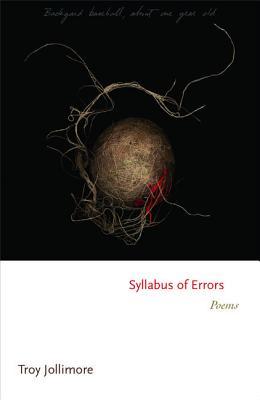What do you think?
Rate this book


112 pages, Kindle Edition
First published September 29, 2015
VERTIGO
We are each other’s
privacies. We are
each other’s solitudes.
We are the living
forms in which
beauty can be encountered and
pursued. And we are
made for looking,
made to be looked at, and made
to fall and to
remember and
to fall again. And we are made
for loving, and
for dying. We are
made to be unmade.
(excerpt)